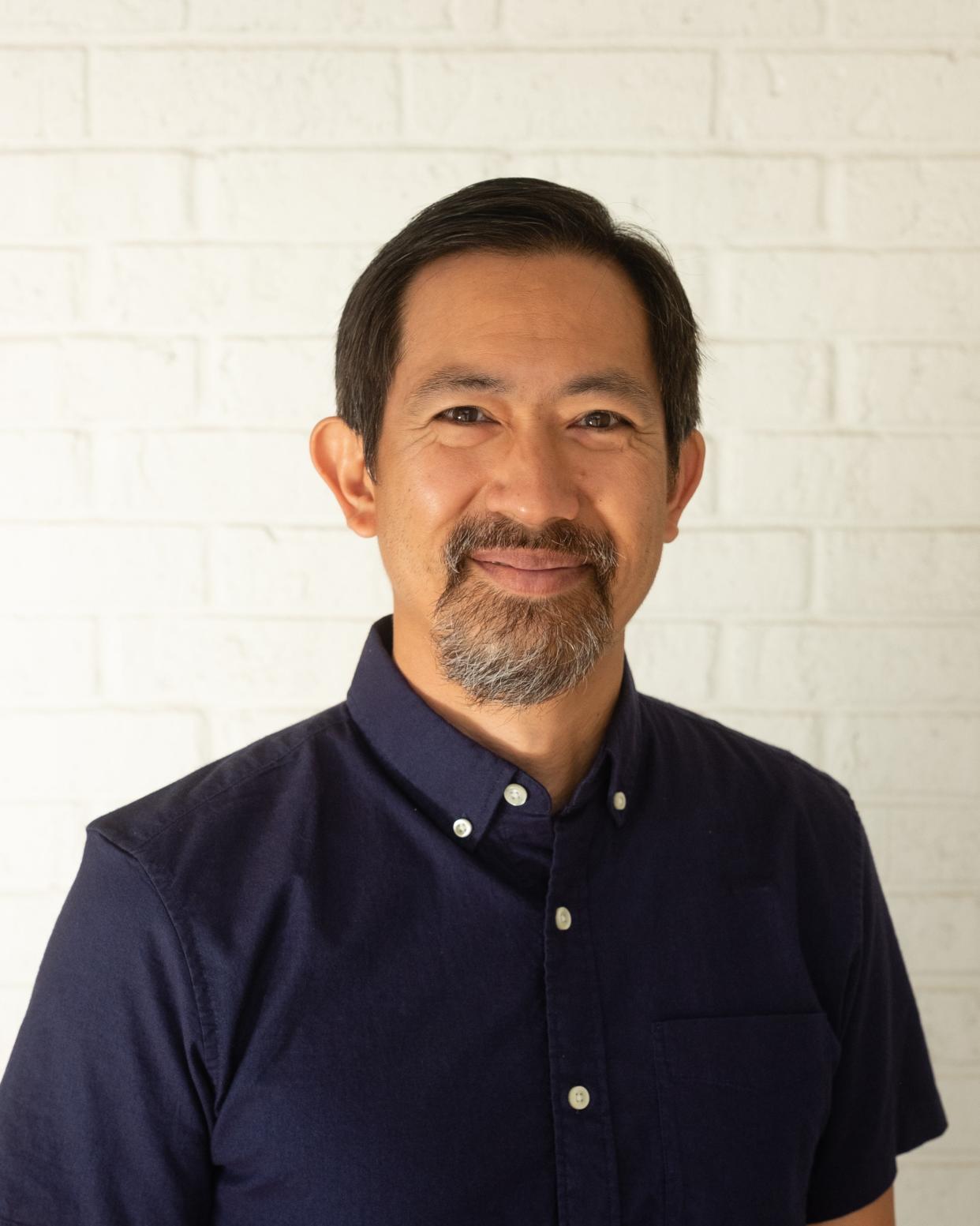Faith: Find your voice, use it to strengthen your community

When I was in elementary school in the suburbs of Chicago, I was the quiet kid in class. I tried my best to go unnoticed and not say much. Most of the other kids and teachers thought I was extremely shy.
Growing up as a Chinese-American in predominantly white spaces and communities, I was instilled with a desire to assimilate and not stand out. As an act of self-protection, I was always the last voice to be heard, if at all.
This month is Asian American and Pacific Islander Heritage Month where we celebrate the Asian American and Pacific Islander community and culture. It was first established back in 1990 and the month of May is significant because in May of 1843, the first Japanese immigrant (a 14 year-old boy) arrived in the U.S. Then in May of 1869, the Transcontinental Railroad was completed. The railroad took six years to build, and it was predominantly Chinese-Americans who laid down the tracks by hand under extremely harsh working conditions.
Our history in this country has been long and painful as we continue to navigate racism and prejudice against people of Asian descent.
Recently, I watched the screening of a documentary called "Chinatown Rising." It was created by a father-son duo to capture the challenges that San Francisco's Chinatown faced in the 1960s and '70s. Harry Chuck, the father, attempted to film the struggle they experienced living in Chinatown, and how many of their needs, including basic housing, were neglected. His son discovered all of this footage had been sitting in his dad's garage for decades. They decided to put together a documentary to tell the story of what many Chinese-Americans experienced in that time and place. They understood the importance of using your voice and telling your story.
As I watched their experience unfold, it was so inspiring to see someone who looks like me, deeply involved in social justice work and activism, especially back in the '60s. That's what blew my mind. My identity as a Chinese -American with immigrant parents has primarily been shaped around being silent, keeping my head down, and not causing trouble. That way of being has been so deeply embedded in me and many from the Asian-American community.
This question surfaced for me: Why do I hesitate and shy away from using my voice the way that my fellow Chinese-Americans were able to decades ago? Why do I fear and suppress the invitation to be vocal, to speak truth to power, to advocate for those who are powerless, which sometimes includes ourselves?
In the Christian tradition, we read often of Jesus advocating for the oppressed and marginalized. He invites us all to care for the "least of these." He chose to be the voice for the voiceless and spoke truth to power because power and empire is not interested in listening to voices coming from below. Jesus modeled the courage and responsibility to name the rejection of God's vision of inclusion and liberation.
A couple of years ago, devastating shootings at multiple Atlanta spas killed eight women, six of whom were Asian. In response to this tragedy, I had an opportunity to participate in a Stop Asian Hate rally held on the Huston-Tillotson campus and offer the first prayer as part of the many voices who collectively spoke in solidarity of our hurting community. It was a gift for me to offer my voice and to draw attention to the historic grief and pain of the AAPI community.
My voice was there all along, but it had been hiding, much like the child-version of myself tried to do.
How might each of us see or not see the value of our own voice? How might each of us offer our unique voice and story in our collective work of advocacy? And how might using that voice move us towards embodied justice and solidarity with the powerless? Sometimes it takes us finding our voice before we can start using our voice for the common good.
The Rev. Weylin Lee is one of the pastors of Vox Veniae, a contemplative, liturgical church community in east Austin. Doing Good Together is provided by Interfaith Action of Central Texas, interfaithtexas.org.
This article originally appeared on Austin American-Statesman: Faith: Celebrate Asian-American Pacific Islander Heritage Month

